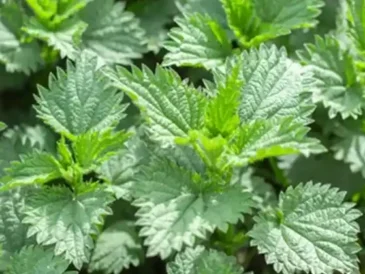Adding vinegar to rice while cooking might seem like an unusual step, but it’s actually a common cooking tip used for a variety of reasons! Here are a few reasons why your roommate might have added a spoonful of vinegar before covering the pot:
1. Makes the Rice Fluffier
Vinegar can help in making the rice fluffier by promoting the breakdown of starches. It prevents the rice from clumping together, resulting in individual, separate grains when cooked. This technique is often used in cooking long-grain rice (like basmati or jasmine) to ensure that it doesn’t become overly sticky.
- How it works: The acid in vinegar helps to neutralize some of the starches that cause the rice to clump, leading to a fluffier texture.
2. Helps Prevent Overcooking
Vinegar can also help control the texture of the rice by slightly lowering the pH level of the water, which helps the rice maintain its shape. This is especially helpful when you’re cooking older rice, which can sometimes get mushy more easily.
- How it works: The acidic nature of vinegar helps the rice maintain its shape by preventing the starch molecules from absorbing too much water too quickly.
3. Improves the Aroma and Flavor
Some people add vinegar (often white vinegar or rice vinegar) to rice for an extra layer of flavor. It can give the rice a slightly tangy, delicate taste, especially in Asian-style dishes or when making sushi rice.
- How it works: Vinegar adds a mild tang and enhances the overall flavor of the rice without making it taste sour. This is particularly common in dishes like sushi rice, where vinegar, sugar, and salt are combined to season the rice.
4. Helps with Cleaning the Pot (Prevents Stickiness)
Adding a bit of vinegar might also be a trick to help clean the pot after cooking. Vinegar can break down some of the starch residue that might stick to the bottom of the pot, making it easier to clean afterward.
- How it works: Vinegar helps break down stubborn starches and reduces the likelihood of rice sticking to the pot, making it easier to clean the cookware once you’re done cooking.
5. Preserves the Rice
In some cases, vinegar can act as a natural preservative by helping to reduce bacterial growth on the rice, especially if you plan to store it for a day or two. This technique is sometimes used when making rice dishes like sushi rice, which need to stay fresh for longer periods.
- How it works: Vinegar has antibacterial properties that may help keep the rice fresher for a longer time, reducing the risk of spoilage if you plan to store the rice in the fridge.
continue reading in page 2




